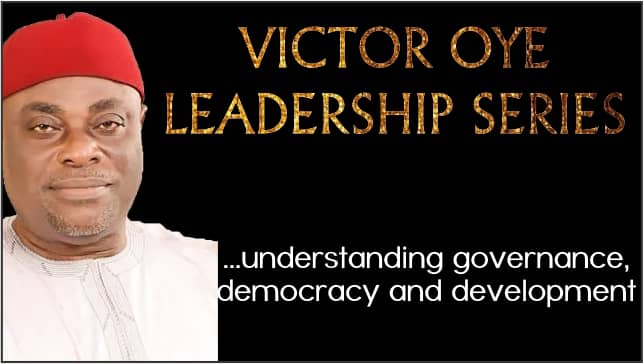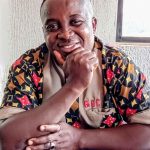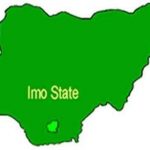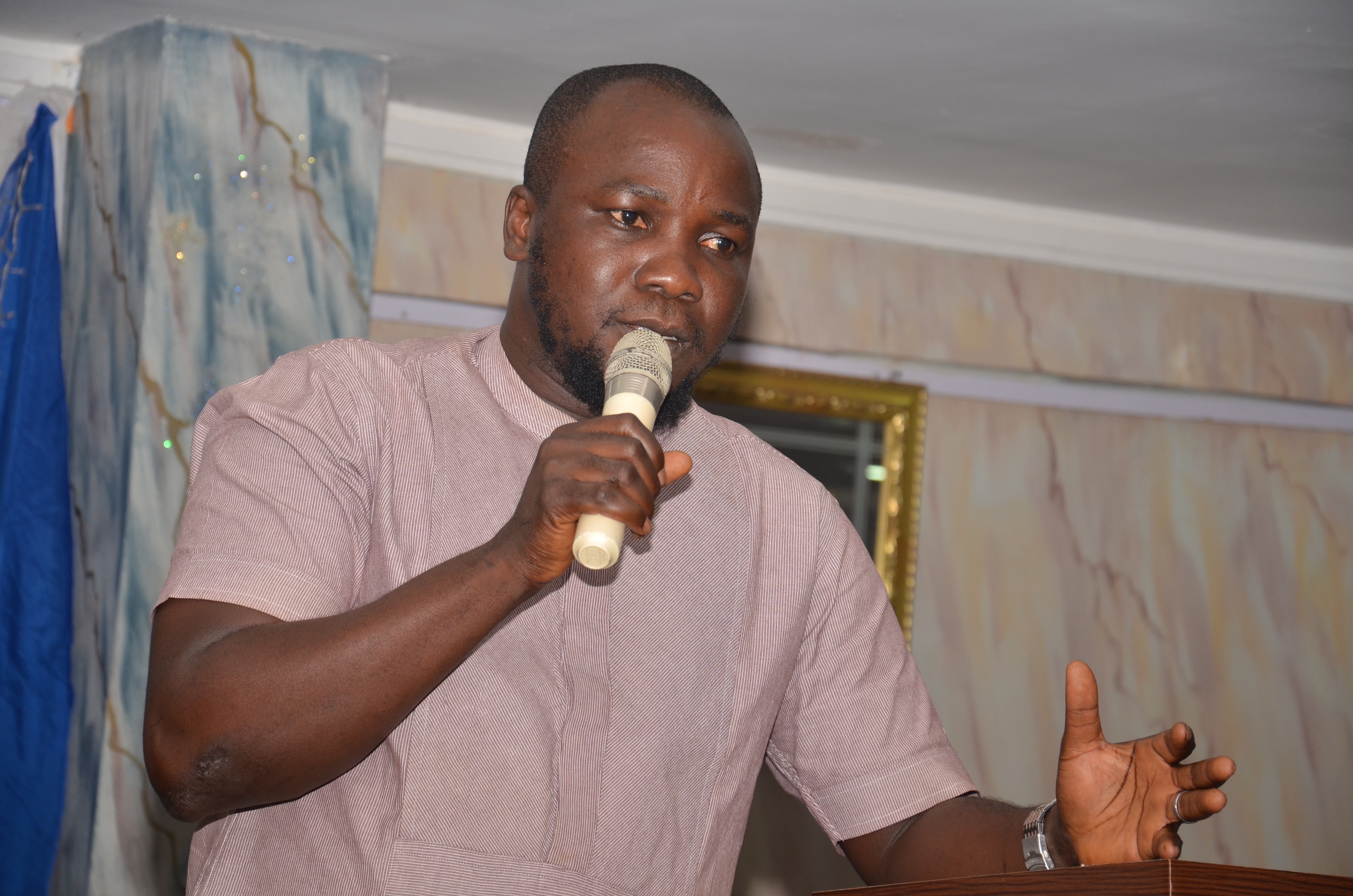Recently, the National Chairman of APGA, Dr. Victor Ike Oye (Ozonkpu), was called up for a national assignment by President Mohammadu Buhari. By President Buhari’s estimation, Dr. Oye falls among those few Nigerians who embody the vision, patriotism, unassailable integrity, intellectual rigour and political will to set the agenda for a renascent Nigeria, unleash the potentials of the people and place the country among the league of prosperous nations. So, Dr. Oye was chosen to serve as member of the National Steering Committee for the Preparation of Medium Term Development Plan (2021- 2025) and Nigeria Agenda 2050.
This appointment has offered us the context to reflect aloud on the question of development in Nigeria and the disappointments and failures which had greeted some vaunted efforts at its realization in the past. It inclines us, further, to interrogate our pattern of politics, which has fostered economic backwardness, and has marginalized national development.
Since Independence, Nigerian leaders have announced all sorts of grandiose initiatives and plans for socio-economic regeneration, recovery and resurgence in the aftermath of the devastating effects of imperialism and colonialism. In short, implicit in the struggle for Independence was the consciousness that political autonomy would ultimately engender economic growth and create a better life for the people. Therefore, in the wake of Independence, Nigerian leaders, along with other African counterparts, started making restitutive demands on the international community, and those demands eventually yielded in the New International Economic Order (NIEO, 1974) as a framework which was believed to represent the panacea for the country’s underdevelopment.
Shortly afterwards, we had the Lagos Plan of Action (LPA, 1980), the African Priority Program for Economic Recovery (APPER, 1985), the United Nations Program of Action for the African Economic Recovery and Development (UNPAAERD, 1986), the United Nations New Agenda for the Development of Africa (UNNADAF), the African Charter for Popular Participation and Development (ACPPD, 1990), the Structural Adjustment Programs (SAPs,1985), the African Alternative Framework to Structural Adjustment Program (AAF-SAP, 1989), the Abuja Treaty (AT, 1991), the New Partnership for African’s Development (NEPAD, 2001) and the other Visions, Operations and Agendas.
All these initiatives share a common interest in accelerating the pace of development in Nigeria; they share similar characteristics in the form of their focus on institution-building, correcting balance of payment deficits, attaining favourable terms of trade, exploring and maximizing the country’s areas of comparative advantage, and creating the climate requisite for the growth of indigenous businesses and inflow foreign direct investments.
What has been sorely missing in all of these is a painstaking appraisal of the character of politics in Nigeria, which has become very much like the crude mechanics of opposing forces driven by the calculus of power. It is a politics that pays no attention to moderating rules and national interest, and even to its own normative values. It is a politics of underdevelopment superintended over by people who see state power as means of production, as means of livelihoods, and who even without entrepreneurial abilities amass wealth without end. This politics, as ultra-partisan as it is, is a sanctuary for ethnic jingoists and tribal champions, who stifle inclusiveness and promote exclusive pursuit of self interest even at the expense of Nigeria itself. This is the millstone around the development of Nigeria, and it is refreshing that there is an effort to part company with that. This is the reason the choice of Dr. Victor Oye is not just reassuring but also a breath of fresh air.
Leafing through his scorecards as APGA National Chairman, Dr. Oye embodies and exudes an undying passion for a united, functional and prosperous Nigeria. The leadership he has evolved in the party is one that strongly frowns at primitive accumulation and acquisitive impulses, and prioritizes the urgency of accountable politics and the development potentials thereof.
As against the oligarchical tendencies in most political parties, Dr. Oye has enthroned a consultative system in APGA, and has given value to party membership, so that all party activities become reflective of popular expectations. This inclusiveness is demonstrated more eloquently by enfranchising more and more party faithful in the grassroots by increasing the number of ad hoc delegates from three to twelve. He also has moved APGA into national prominence and stripped off the ethnic toga of the party by leading it to resounding victories in other parts of the country outside of the South East. Again, by acquiring a permanent national secretariat for the party in Abuja, Dr. Oye has announced the commitment of APGA to the unity of Nigeria, and also offered the world a glimpse into the accomplishments which every entity stands to attain in the light of a credible, visionary and accountable leadership.
The confidence reposed by all in Dr. Oye’s capacity to drive a national assignment that will set Nigeria on the path of progress stems from his abiding dedication to excellence, his relentless pursuit of a better society, his peerless integrity profile and his betrothal to reformed politics. Yet, his acceptance of this call to serve, even from a government that is patently run by an opposition party, speaks volumes not just about his renowned life of humility and service but also about his awareness that the whole essence of politics is to patriotically offer one’s creativity and knowledge to address social affliction and create social affluence through the instrumentality of state power. When competence and credibility meet opportunity the result is success. And in this instance, nothing less is expected.





